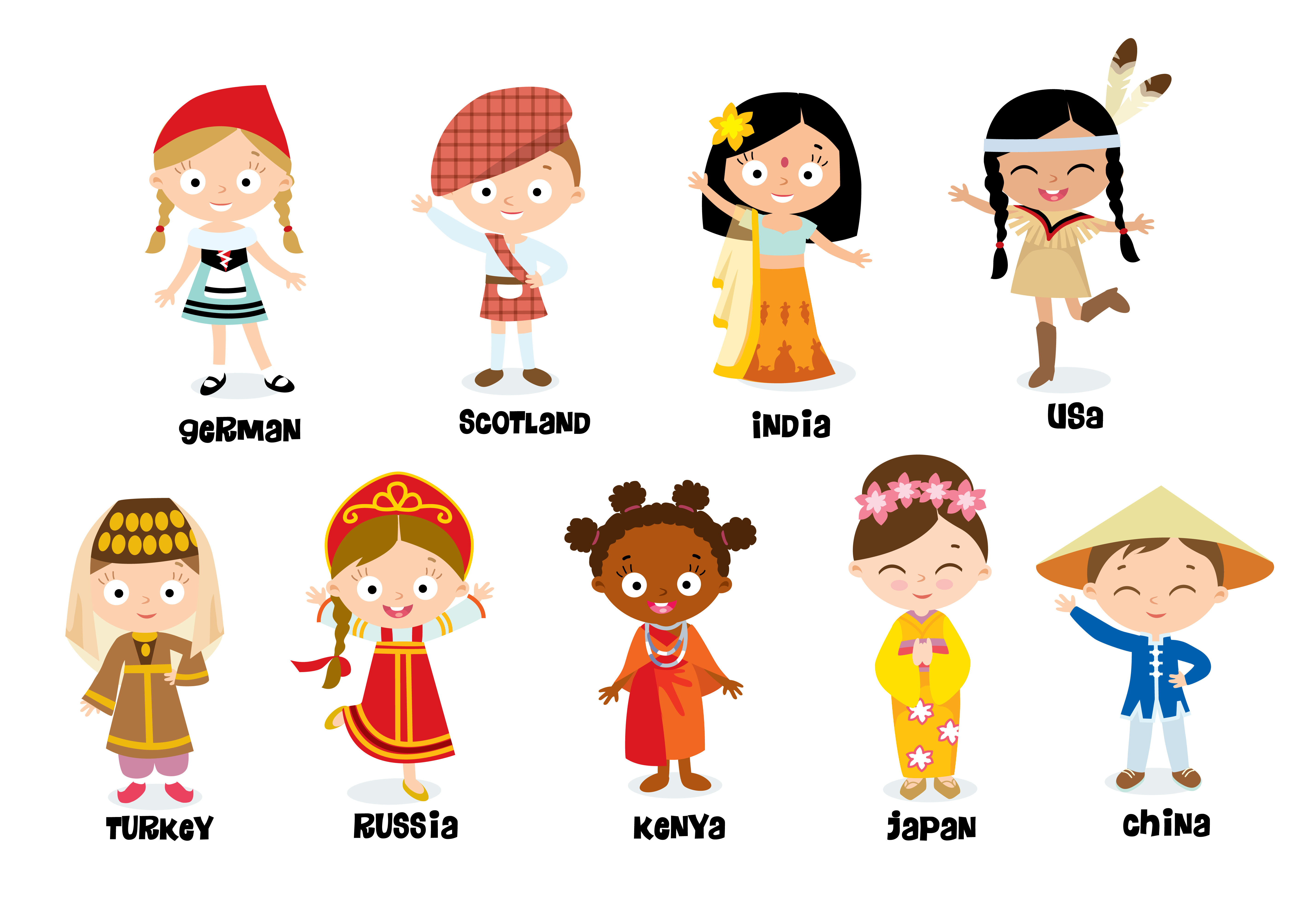Normal Alphabet Worksheets Activities With Answers for Ages 4-7
6 filtered results
-
From - To
Welcome to our collection of Normal Alphabet Worksheets tailored for ages 4-7! These engaging activities are designed to enhance your child's understanding and recognition of the alphabet through fun, interactive exercises. Each worksheet includes clear instructions and an answer key, making it easy for parents and educators to guide young learners. With a variety of exercises that promote letter identification, handwriting practice, and phonics skills, these worksheets are perfect for classroom use or homeschooling. Unlock your child's potential and boost their literacy skills today with our thoughtfully crafted alphabet activities! Explore our printable worksheets and make learning an enjoyable adventure!


Rhyming Words: Assessment Worksheet


Let's Check Long Vowels: Assessment Worksheet


Vowel and Consonant Sounds: Assessment Worksheet


Long and Short Vowel Sentences: Assessment Worksheet


Phonological Awareness: Assessment 1 Worksheet


Phonics and Word Recognition: Assessment 1 ELA Worksheet
Normal alphabet activities are crucial for children aged 4-7 as they form the foundation for literacy and language skills. At this stage of development, children are naturally curious and eager to explore their surroundings, making it an ideal time to introduce them to the alphabet. Engaging in activities that involve letter recognition, phonics, and writing helps reinforce these essential concepts.
Parents and teachers should care about these activities because they foster essential cognitive skills, promote fine motor development, and enhance communication abilities. Through interactive and playful methods, children can learn to identify letters, understand their sounds, and develop early reading skills in a fun manner. Such engagement not only fosters a love for learning but also builds their confidence.
Furthermore, ready-made activities with answers provide a clear, structured approach, saving time while ensuring that educational standards are met. They also allow for progress assessment in a straightforward way, helping parents and teachers identify areas where a child might need additional support. Involving parents in these activities reinforces the home learning environment, enhancing the child's educational experience and laying the groundwork for future academic success. Thus, prioritizing these alphabet activities is essential for the holistic development of young learners.
 Assign to My Students
Assign to My Students





%20(1).jpg)















